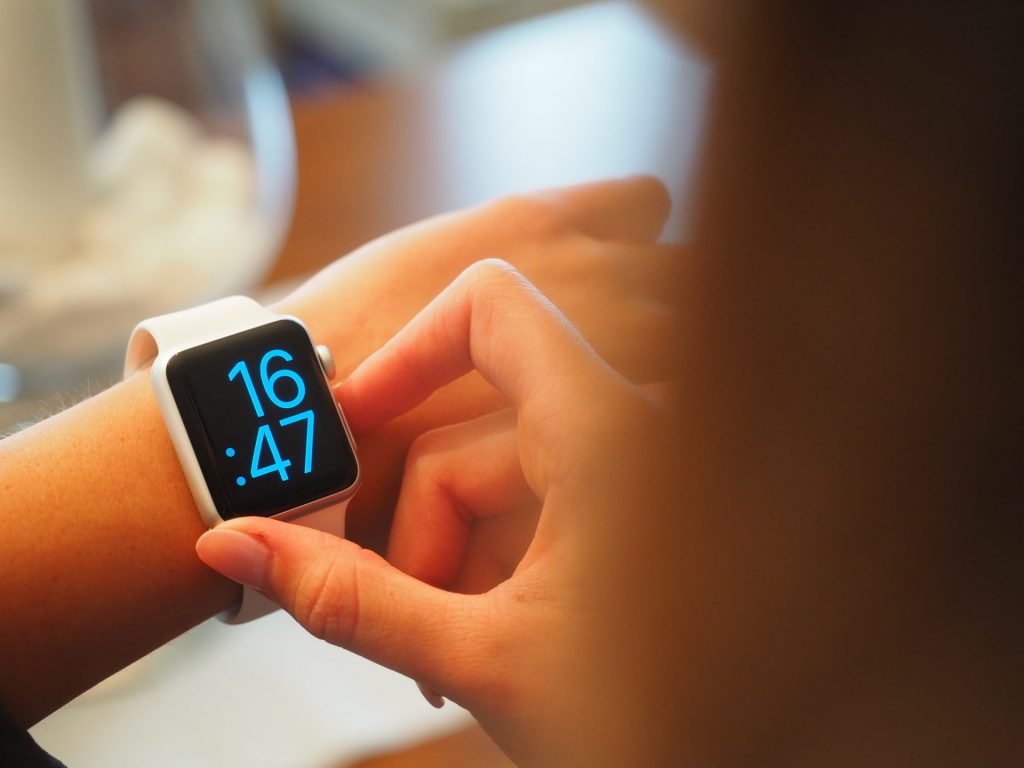
The 16/8 fasting or the 8 hours fasting is popular intermittent fasting that even celebrities and social media influencers attest to. By not consuming any meal for 16 hours and eating only during the 8-hour window, you can not only lose weight but also lower the risk of chronic diseases such as type-2 diabetes and obesity.
There are no restrictions on the types of food the person can eat during the 8-hour window. This flexibility makes the plan very easy to follow.
The problem with this method is that you’re not making decisions based on how full or hungry you feel, but rather on a restricted time window. The results can backfire in the long run if you’re not careful.
What is the 16/8 Diet?
The 16/8 diet is a type of intermittent fasting where you spend 16 hours a day consuming nothing but coffee, tea, water, any unsweetened beverages. The remaining 8-hour window is when you eat all your meals and snacks. Most people who do this by beginning fast hour after dinner and skipping breakfast. They eat their first meal at lunch or in the middle of the day. There are no food limits during the 8-hour eating window, but we suggest to follow a keto diet to improve better your chances of losing weight.
Is fasting for 16 hours healthy?
The goal of fasting for 16 hours is to reduce the oxidative stress in the body, which can decrease inflammation and reduce the risk of chronic diseases.
In theory, when youre fasting, your vital organs, digestive and absorptive hormones and metabolic functions are taking a break. Since our bodies secrete insulin to help absorb sugar, fasting is linked to having higher insulin resistance over time. High insulin levels can put us at risk for a whole host of diseases.
Is it good for weight loss?
Eating during the fasting period can help reduce the number of calories consumed it can also help boost metabolism. Studies have shown that men who followed the 16/8 approach for eight weeks while doing resistance training have shown a significant decrease in fat mass with no reduction to muscle mass.
In another study, researchers have found very little difference in weight loss between participants who have done 16/8 fasting to those who reduced their calorie intake. The dropout rate of the intermittent fasting group was also high.
Should you try it?
The choice is up to you. Before you consider this fasting method, there are a few things you need to know before you fully commit to this type of intermittent fasting.
During fasting hours, that not mean zero-calorie days. Aim for at least 25 percent of your daily calorie requirement. If your calorie requirement is 2000 calories, your fasting hours should not exceed 500 calories.
Feast hours doesn’t mean that you have to eat whatever you like. So don’t get too excited during feast hours as you might end up consuming more calories than your body needs; thus, negating your fasting period.
Focus on nutrient-rich foods during feast hours to ensure that you have adequate nutrient intake.
